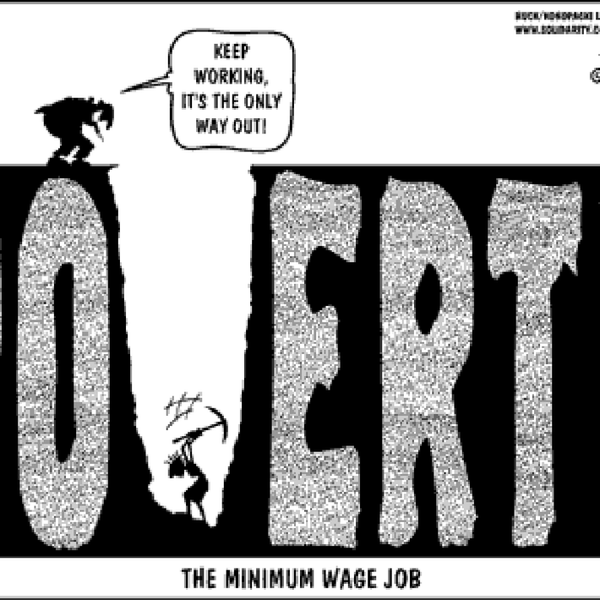In December of 2013, Obama called economic inequality “the defining issue of our time.” Bernie Sanders made income inequality a central theme of his campaign, consistently bringing up the billionaires that have sucked up all of the economic gains of the economy’s growth since the 2007-2009 recession, while working Americans have seen their wages become stagnant, at best, or even cut. The data that exists on income consolidates this idea that only the top 1 percent has seen a strong, steady recovery. However, a growing amount of researchers and economists are seeing a steady separation in income between the top fifth of Americans and the rest of society. This is indicative of a growing, self-perpetuating class of wealth that is becoming increasingly difficult to be a part of.
A recent study of the Urban Institute found that the top 20th percentile, commonly referred to as the “upper-middle class” has seen substantial growth since the 1970s, and the group is larger and wealthier than ever. Pew Research found that 203 cities have seen their middle class decrease. Part of this was because in 172 of those cities there was a growth of wealthier households. This doesn’t seem that bad: less people are in the middle class, but because they’re becoming wealthier. Unfortunately, that isn’t the full picture. Pew Research also found that in 160 of those cities, there was also a growth in low-income households, meaning the middle class is dwindling from both ends of the spectrum, illustrating a more stark economic division between the winners and losers of our economic framework.
Perhaps a more worrying issue with this growing amount of wealth concentration is the geographic segregation that it creates. According to a paper by Sean F. Reardon and Kendra Bischoff (professors at Stanford and Cornell, respectively), data points to an accelerating isolation of the upper classes. They explain that this segregation of affluence is happening as a similar and devastating segregation of poverty prevails. Not only does wealth concentrate in this small number of communities, but a growing amount of social and political capital is also amassed over time, diminishing chances that any investment the rich make in their communities ends up “spilling over” to benefit middle and low-income families. Moreover, the growing lack of interaction due to this segregation between the rich and the rest of Americans corrodes sentiments of empathy that may lead the wealthy towards more favorable views of social programs designed to help the working class. As best articulated by Thomas Edsall of the New York Times, “the top quintile is, in effect, disengaging from everyone with lower incomes.”
The extent of these divisions, revealed by a growing amount of research, make the word “inequality” seem like more of a euphemism than a legitimate description for the unsettling quarantining of social, economic, political, and educational capital from the majority of Americans, while poverty continues to grow and perpetuate itself in a seemingly—and ironically—equal rate as wealth. This pattern paints a picture of a future where two distinct societies exist, rarely coming in contact with each other and where individuals are unaware of life outside the class they were born into.
Perhaps Bernie’s popularity is indicative of a growing sense of awareness by voters that the current economic order is in need of major reform in a way that ensures a fairer outcome for working class Americans. Hillary Clinton must not underestimate the frustration and anxiety that many Americans are feeling. As resentment for elites grows, how she chooses to address the concerns of middle and low-income families may be responsible for how well she performs in the general election. Moreover, it will set the tone for how this defining issue will be addressed in the years to come.





















